Useful Vocabulary to Describe 5 Types of Weather in Chinese
People from Britain often start a conversation by talking about the weather 天气 (tiānqì). Chinese people are not partial to discussions related to the weather. However, what might surprise you is that the weather in China can be capricious. In some areas, drastic temperature drops can be observed within a couple of days. Well, if you’re interested in knowing how to express different types of weather in Chinese, here is your chance to learn some commonly-used words you can use to describe the weather in Chinese.
Describe the Weather in Chinese

1. Sunny
晴天
qíngtiān
sunny day
Most people believe that the weather has an influence on their mood. They feel joyful when it’s sunny. Therefore, when it comes to describing the weather in Chinese, the first word that we would like to explain is 晴天 (qíngtiān), which means “sunny day”. It’s a typical kind of weather that can be observed in China in summer. This word is a noun, with “晴” (qíng) and “天” (tiān) meaning “sunny” and “day” respectively. Let’s take a look at a simple example to help you better understand how to use this word:
Example:
今天是晴天。
Jīntiān shì qíngtiān.
It’s sunny today.
(Literally, it means “today is a sunny day”)
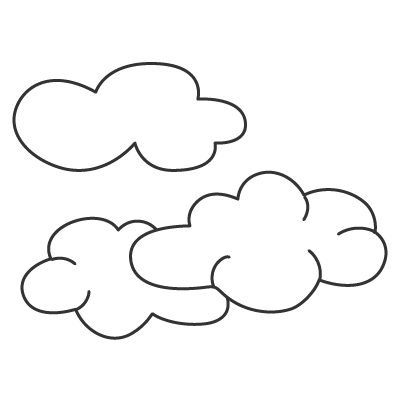
2. Cloudy
多云
duōyún
cloudy
“多” (duō) means “a lot”, and “云” (yún) means “cloud”. These two characters form an adjective meaning “cloudy”. When it comes to the weather in China, this word is quite important as it is a type of weather that can often be observed in China in autumn. Here is an example to show you how to make a sentence using this word to describe the weather in Chinese.
Example:
我喜欢多云的天气。
Wǒ xǐhuan duōyún de tiānqì.
I like it when it’s cloudy.
(Literally, it means “I like the cloudy weather”)
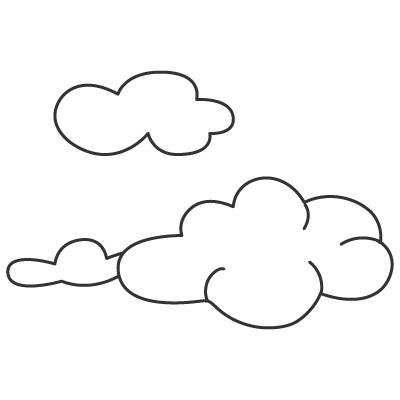
3. Overcast
阴天
yīntiān
overcast day
The logic behind this word is similar to that of “晴天” (qíngtiān). Therefore, it’s easy to tell that the meaning of “阴” (yīn) is “overcast”. It is a kind of weather that many people in China don’t like.
Example:
阴天的时候我不喜欢出门。
Yīntiān de shíhou wǒ bù xǐhuan chū mén.
I don’t like to go out when it’s overcast.
In terms of sentence structuring, what you need to bear in mind is that time, in this sentence, it’s 阴天的时候 (yīntiān de shíhou) cannot come after a verb, which in this case is “出门” (chū mén), meaning “to go out”.
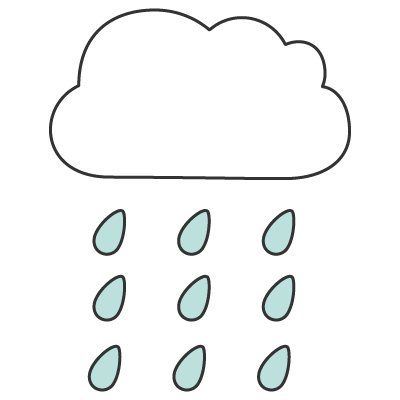
4. Rainy
下雨
xià yǔ
to rain
“下” (xià) means “under, below or downwards”, and “雨” (yǔ) means “rain”, which is a noun. What is interesting about this word is the character “雨” (yǔ), which reminds people of a scene where it is raining. Meanwhile, this is a typical type of weather in China in spring, which means you can often use it to describe the weather in Chinese in spring.
Example:
昨天下雨了,有点冷。
Zuótiān xià yǔ le, yǒudiǎn lěng.
It was raining yesterday, and it was a bit cold.

5. Snowy day
下雪
xià xuě
to snow
The weather in China sometimes has the ability to make Chinese girls feel excited. For instance, some of them really like snowy days as they associate them with romance. In fact, many people find it pleasant to observe the outside “snowy environment” in their cozy bedroom. Therefore, it’s worth learning this word in order to describe this type of weather in Chinese.
Example:
冬天经常下雪。
Dōngtiān jīngcháng xià xuě.
It often snows in winter.
Other Words to Describe the Weather in Chinese
1. Hot
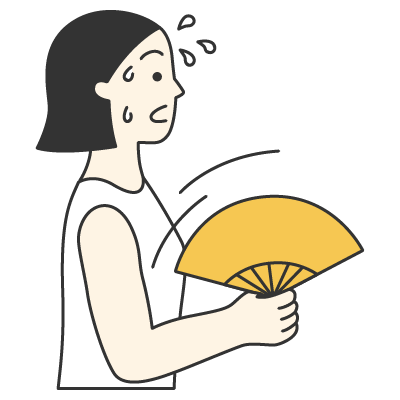
热
rè
hot
2. Cold
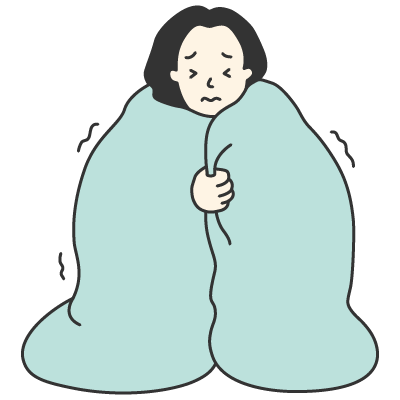
冷
lěng
cold
3. Cool
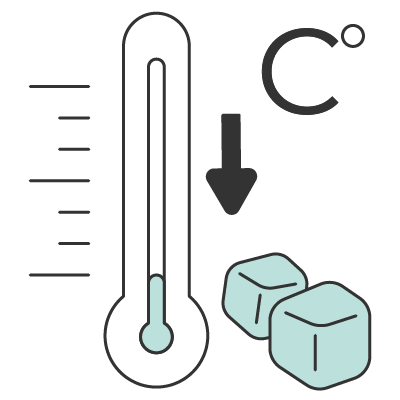
凉
liáng
cool
4. Windy

刮风
guā fēng
windy (of weather), literally “to blow-wind”
5. Degree
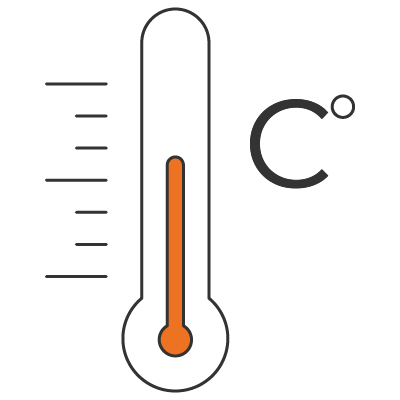
dù
degree
We hope you’ve learned a little bit more about China. To find out more useful Chinese phrases about China and Chinese culture, check out one of our blog posts 5 Interesting Facts About Time in China.








0 Comments